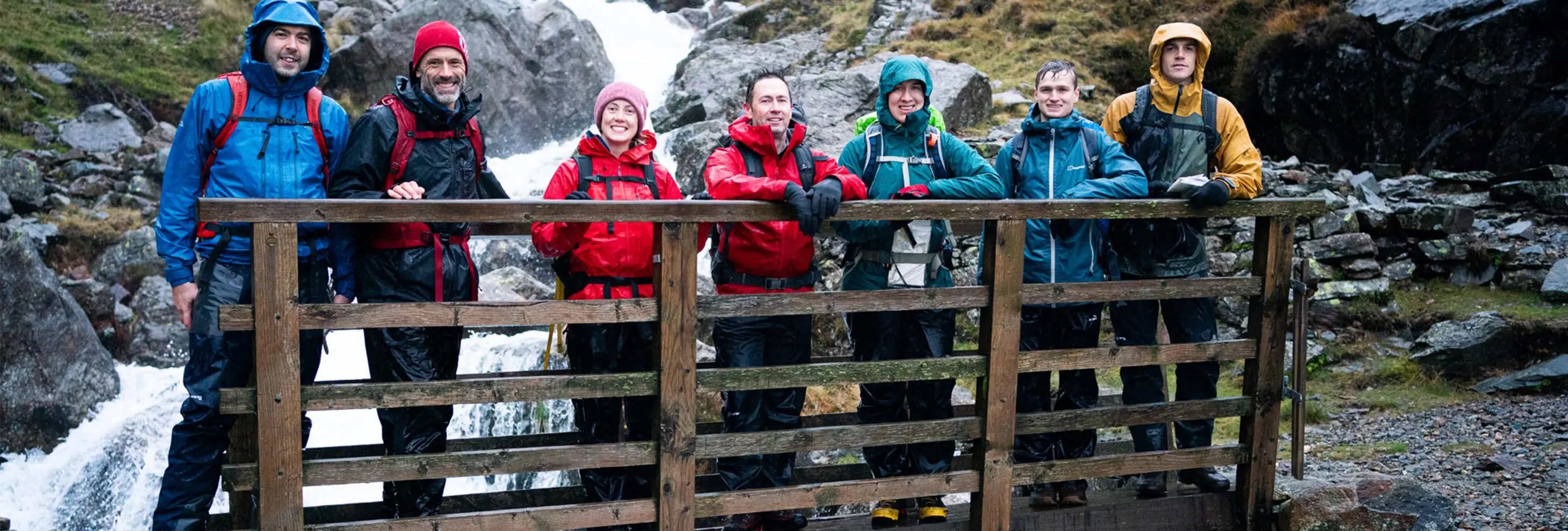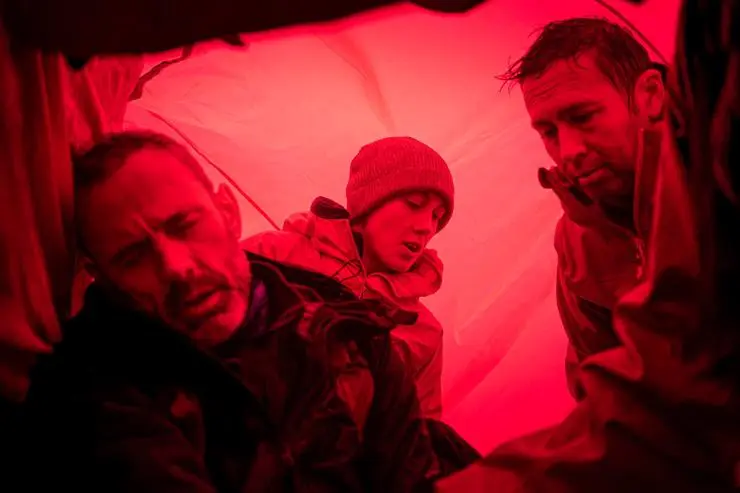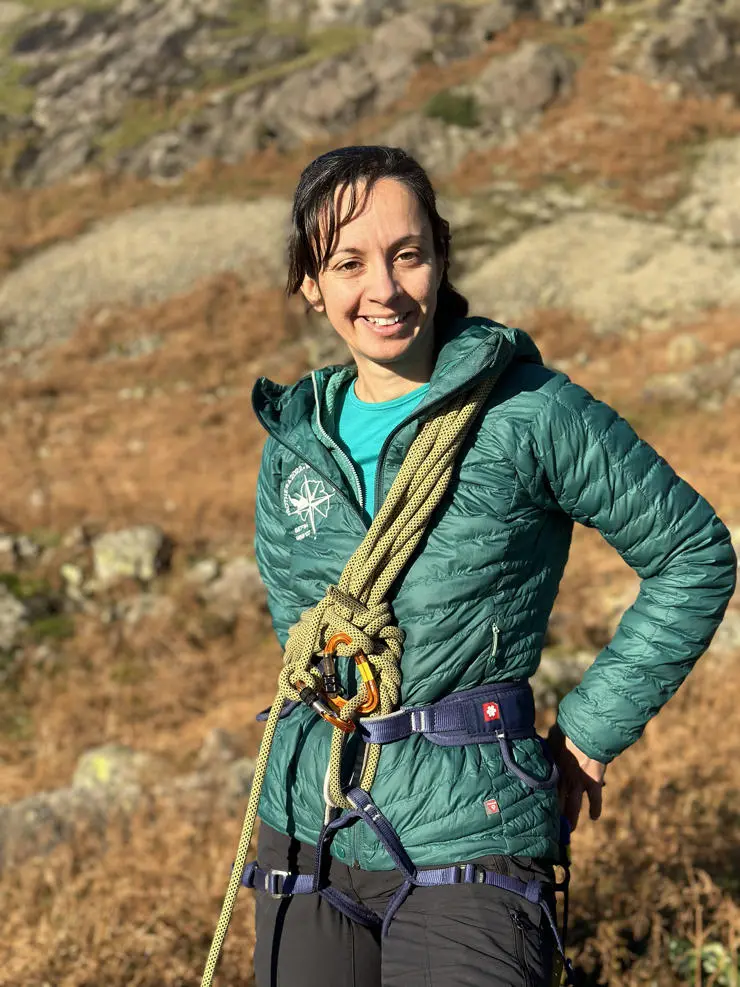UCLan students take to great outdoors to put theory into practice
Healthcare practitioners training to work in isolated and mountainous settings have spent a week on Coniston Fells learning how to treat people needing medical attention in rural and remote locations.
The University of Central Lancashire (UCLan) International Diploma in Mountain Medicine (DiMM) students swapped online learning for the great outdoors to put theory into practice.
During their intensive week, the healthcare professionals, including paramedics, doctors, dentists and nurses, practised trauma assessment and care, as well as learning about the physiological impact on pre-existing medical conditions that arise as a result of being at high altitude.
"The DiMM seemed the perfect way to combine an interest in prehospital emergency medicine and climbing."
— Participant Rebecca Boys is a former British Antarctic Survey doctor
Participant Rebecca Boys is a former British Antarctic Survey doctor who now works in the Highlands. She said: “The DiMM seemed the perfect way to combine an interest in prehospital emergency medicine and climbing; while meeting other healthcare professionals (HCPs) who are as eager for mountain adventures as myself.
“The first residential week in Coniston had me buzzing with enthusiasm after learning from such a variety of inspirational faculty, both HCPs and mountain guides, and I can’t wait to see what the rest of the diploma has in store.”
UCLan has delivered the masters and postgraduate diploma in mountain medicine since 2021. The course attracts qualified healthcare professionals who want to combine their passions for medicine and mountaineering and be able to offer medical assistance in remote and high-altitude locations.
"It’s great to be able to introduce our students to mountain medicine in an area stooped in legendary mountaineering and climbing history."
— Module leader and paramedic Nick Wright
Module leader and paramedic Nick Wright said “We’ve chosen the Lake District as the new home for this first module, which focuses on emergency and high-altitude medicine. It’s great to be able to introduce our students to mountain medicine in an area stooped in legendary mountaineering and climbing history.”
Students can choose to spread their studies between one and four years to fit it around their existing commitments. The course concludes in Switzerland where students undergo a rigorous week of assessment whilst working at altitude to ensure they meet the high demands expected of the mountain medicine practitioner.
Nick added: “We utilise subject matter experts and British Mountain Guides to deliver clinical and mountaineering content and we are an organisational partner of the Adventure Smart campaign.
“Graduates often go on to provide medical cover to expeditions, work within mountain rescue services around the world and even take part in high altitude research activity. Some students choose to stay after the four postgraduate diploma modules to complete the MSc in Mountain Medicine.”





